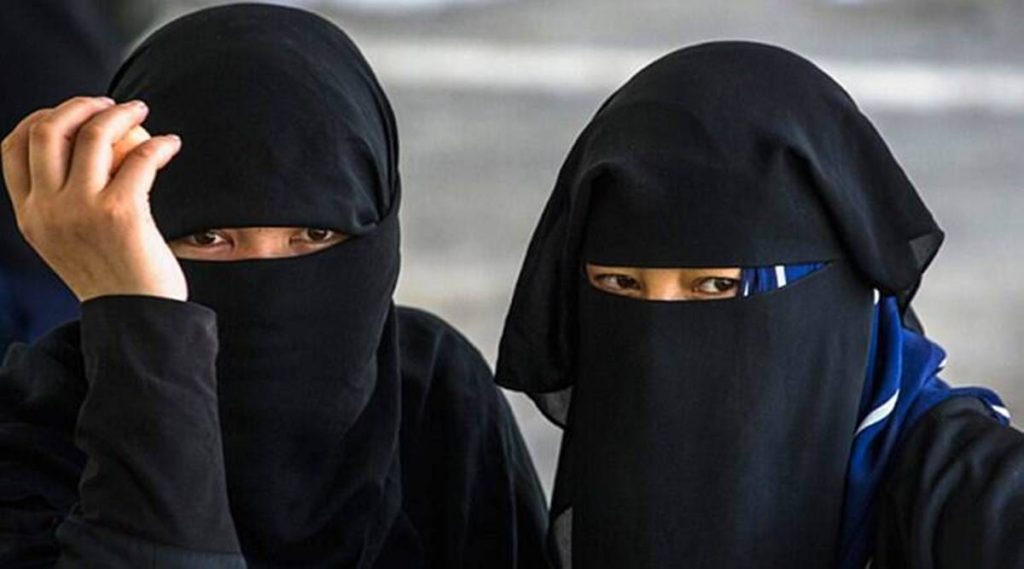Udupi: The five young women from this city – whose petition seeking that hijab be allowed in classrooms got turned down Tuesday by the Karnataka High Court expressed disappointment. The five students told the media that they have been ‘denied fundamental rights’ and they feel ‘betrayed by the country’.
The five students insisted that the issue of hijab, which should have been ‘resolved at a local level, now has acquired political and communal overtones’. The students asserted they will not drop out of college because of the setback.
Amid a huge row over headscarves that flared up in December last year, the five women had gone to court. They contended that hijab is an essential practice in Islam protected under the Constitution. They said there is no law that prohibits the use of hijab in educational institutions.
Also read: Karnataka HC orders that ‘unseen hands’ behind hijab row be brought to book
“We want hijab. We won’t go to college without the hijab,” the five women said at a press conference Tuesday afternoon. They insisted that headscarves for women are an essential part of their religion and is mentioned in the Quran. Pointing to the High Court order, they said, “It is mentioned in Quran that a girl should cover her hair and chest.”
There was one among the five students who was most outspoken. “If this wasn’t mentioned in Quran, we wouldn’t have worn. We wouldn’t have struggled if this wasn’t mentioned in the Quran,” said a girl who identified herself as Alia.
In its order, the Karnataka High Court said wearing of hijab is not an essential religious practice in Islam.
“We are of the considered opinion that wearing of hijab by Muslim women does not form a part of essential religious practice in Islamic faith,” the three-judge bench said. It refused to strike down the state government’s ban and dismissing petitions by students.
The row had started in December last year as students at a school here refused to remove headscarves and stop their use despite requests from teachers. Five students then went to court.
As the protests spread, a section of students turned up in saffron scarves. They argued that the move was also linked to religious identity. Dalit students adopted blue to show support for hijab.
